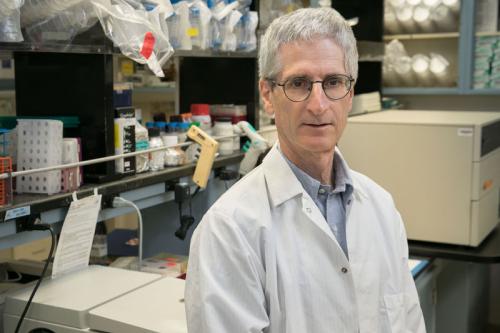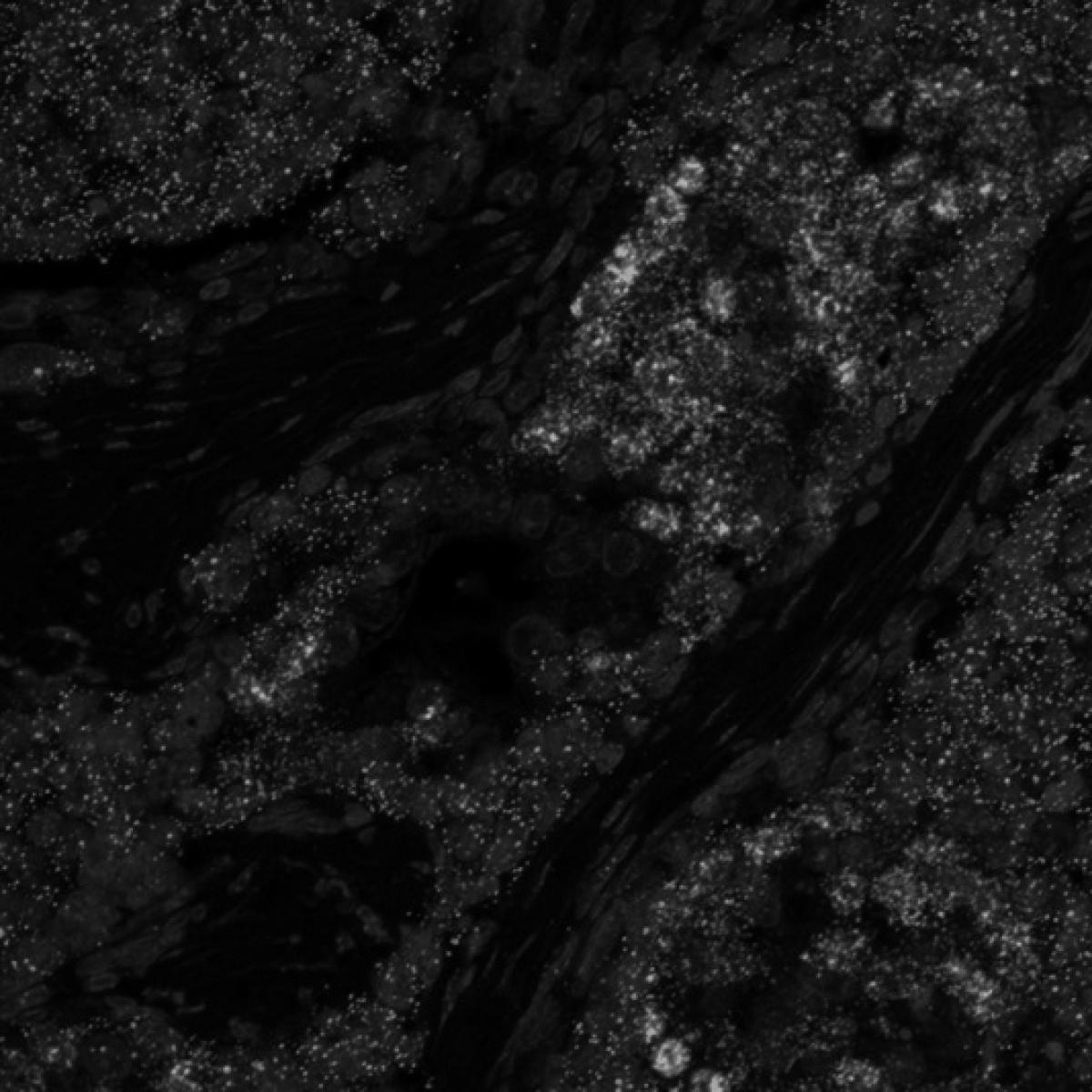
Kenneth Dorshkind, Ph.D.
- Distinguished Professor and Vice Chair, Academic Affairs, Pathology and Laboratory Medicine

Kenneth Dorshkind, Ph.D., studies how blood stem cells give rise to B and T lymphocytes, cells that are central to the function of the immune system. Studying early lymphocyte development can help identify the roots of blood cancers like leukemia and shed light on how decreases in lymphocyte production impact immunity in the elderly.
Dorshkind investigates how the growth and differentiation of lymphoid intermediates is regulated by cell intrinsic, tissue and systemic factors. One area of interest is comparing and contrasting the genetic and molecular processes that regulate fetal and adult B and T cell development. His research into the development of immune cells in the fetus resulted in the identification of a precursor for a specialized type of B lymphocyte, referred to as a B-1 B cell, which plays a key role in protection against certain bacterial infections.
These studies are also uncovering the origins of B acute lymphoblastic leukemia, or B-ALL — the most common childhood cancer. Many of the genetic mutations that underlie this cancer begin during fetal development, and Dorshkind has shown that cases of B-ALL that originate in B-1 progenitors are highly aggressive.
Another key aim of Dorshkind's research is to define the cellular and molecular changes that result in age-related decline in lymphocyte production. He is particularly interested in how the increased production of inflammatory cytokines — chemical messengers that promote inflammation — contributes to this altered pattern of blood cell production. He hopes the findings from this work will inform the development of new therapies that rejuvenate the aging immune system by increasing the generation of lymphocytes.
Research Projects
- Determining the contribution of fetal-derived B and T cells White blood cells that naturally fight against disease-causing invaders using specialized molecules, called receptors, on their cell surface. The receptors help T cells seek out and destroy virus-infected cells or cancer cells. T cells White blood cells that naturally fight against disease-causing invaders using specialized molecules, called receptors, on their cell surface. The receptors help T cells seek out and destroy virus-infected cells or cancer cells. to the adult immune system and post-natal immunity
- Increasing understanding of how aging affects blood cell production to identify targets for therapies intended to rejuvenate immunity in the elderly
- Identifying differences in lymphocyte development before and after birth to understand how this layered process impacts the adult immune system and explains the origins of various lymphocytic leukemias
- Imaging bone marrow to determine if the niches that support the production of B lymphocytes are localized in distinct regions of the hollow medullary cavity of long bones, such as the femur
-
Post-doctoral Fellowship
- Hematopoiesis, Ontario Cancer Institute, Canada, 1983
Degree
- Ph.D., Biological Structure, University of Washington, 1980
